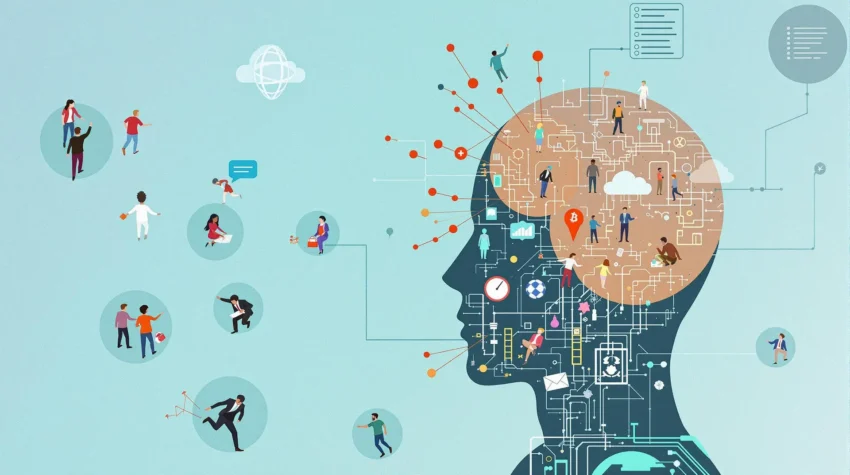The evolution of artificial intelligence has brought us to an exciting frontier: self-reflecting AI agents. These sophisticated systems are revolutionizing how AI learns and adapts, marking a significant leap forward from traditional, rule-based approaches. As an AI engineer, understanding this emerging technology is crucial for staying at the forefront of innovation.
Current State of Research
The field of self-reflecting AI agents is advancing rapidly, driven by the need for more adaptable and intelligent systems. Unlike conventional AI models that follow fixed patterns, self-reflecting agents can analyze their own performance, learn from mistakes, and modify their behavior accordingly.
Recent research at Stanford’s AI lab has demonstrated promising results with “curious replay” systems, where agents review and learn from their most interesting experiences, similar to how human brains process information during sleep. Meanwhile, organizations across industries are implementing various levels of AI agents, from basic rule-based systems to sophisticated multi-agent architectures handling complex tasks like supply chain optimization and financial planning.
Real-World Applications
Self-reflecting AI agents are already making their mark in practical applications. For instance, in customer service, these agents can analyze their interactions, identify patterns in successful responses, and continuously improve their communication strategies. In software development, they’re being used to debug code more effectively by learning from previous error patterns.
Potential Benefits
The advantages of self-reflecting AI agents are substantial:
- Enhanced problem-solving capabilities through continuous learning
- Improved accuracy and reliability in decision-making
- Greater adaptability to changing conditions
- More personalized user interactions
- Increased operational efficiency
For example, in healthcare, self-reflecting agents can analyze patient interactions, identify potential diagnosis errors, and refine their assessment protocols over time.
Potential Risks
However, these advances come with important considerations:
- Technical limitations and potential system failures
- Privacy concerns regarding data handling
- Risk of unintended biases in decision-making
- Possible negative impacts on human-AI interaction dynamics
Ethical Considerations
The development of self-reflecting AI agents raises crucial ethical questions:
- Transparency and Accountability
How can we ensure these systems remain transparent while becoming more complex? We must develop robust frameworks for monitoring and understanding their decision-making processes. - Bias and Fairness
Self-reflecting agents must be designed to recognize and correct their own biases, ensuring fair treatment across all user groups. - Privacy Protection
As these agents collect and analyze more data, implementing strong privacy safeguards becomes increasingly important.
Approaches to Development
Current development approaches include:
- Experience replay mechanisms
- LangGraph implementation for reflection loops
- Advanced prompt engineering techniques
- Skill harvesting methodologies
Each approach offers unique advantages and challenges, requiring careful consideration of the specific use case.
Future Outlook
The future of self-reflecting AI agents looks promising but requires careful navigation. Key areas for future development include:
- More sophisticated reflection mechanisms
- Better integration with human oversight
- Enhanced ethical frameworks
- Improved transparency in decision-making processes
Conclusion
Self-reflecting AI agents represent a significant step forward in artificial intelligence, offering unprecedented opportunities for creating more intelligent, adaptable, and responsible AI systems. However, success in this field requires balancing technological advancement with ethical considerations and risk management.
As AI engineers, our role is to guide this development responsibly, ensuring that these powerful tools serve humanity’s best interests while mitigating potential risks. The journey ahead is challenging but exciting, promising to reshape how we think about artificial intelligence and its role in our future.
The key to success lies in maintaining a balanced approach: pushing the boundaries of what’s possible while remaining mindful of the ethical implications and potential risks. As we continue to develop these systems, our focus must remain on creating AI agents that are not just intelligent, but also transparent, fair, and beneficial to society as a whole.
